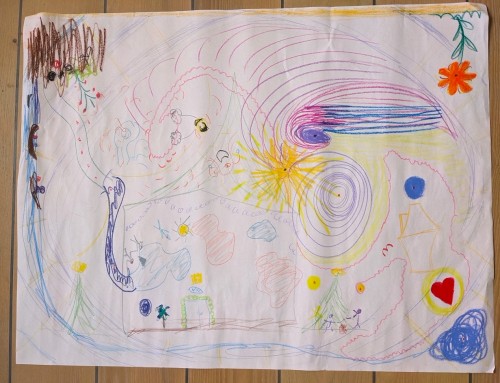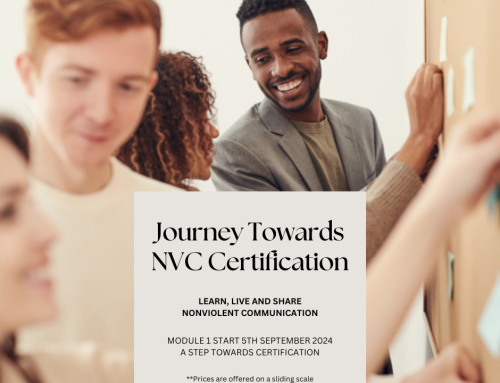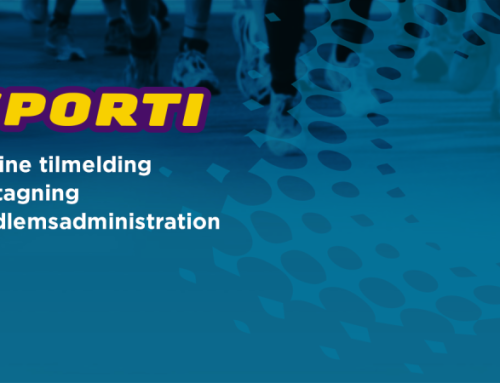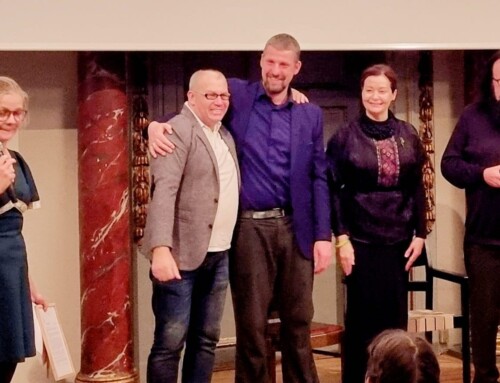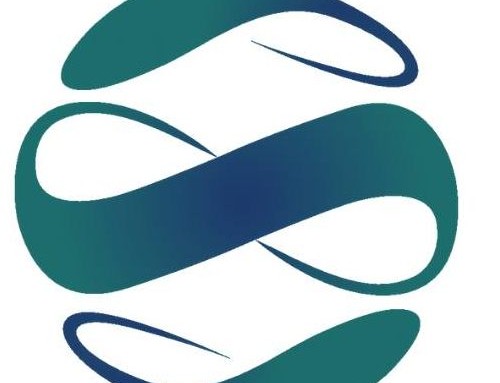
Indvirkningen af IVK i konfliktløsningscenter i Somalia
Vores tysk kollega Irmtraud Kauschat har delt IVK med mandlige ældre og religiøse ledere og kvindelige ledere i en by kaldet Baidoa i Somalia. Denne rapport beskriver de transformerende indvirkninger af dette IVK-arbejde i forhold til empowerment, social forandring og genoprettende retfærdighed. Projektet startede i november 2018 og sluttet for et par uger siden.
Uddrag fra rapporten:
Background
The United Nations in Somalia has sought to increase women’s access to justice through different activities in both the formal and traditional justice systems as part of the United Nations Joint Rule of Law Programme, which in turn was followed by the United Nations Joint Justice Programme. The interventions focused on establishing Alternative Dispute Resolution (ADR) centres that include of women leaders, traditional elders, and religious leaders, and training them on different topics that covered women’s rights, women and Sharia law, and women’s rights and customary law. It quickly became clear that discriminatory practices and harmful social norms are so deeply embedded in Somali culture due to the inequality between men and women that meaningful change can only occur through a deep transformative process in individual and collective consciousness. This cannot be achieved by increasing knowledge or one’s behavioural repertoire, but rather only by bringing unconscious thoughts and bias as well as blind spots to the surface, as only what comes out into the light can be transformed.
To support this transformation, the programme initiated a pilot project in Baidoa aimed at supporting access to justice and dispute resolution outcomes that take into account human – including women’s – needs at a deeper level using the Nonviolent Communication (NVC) model.

